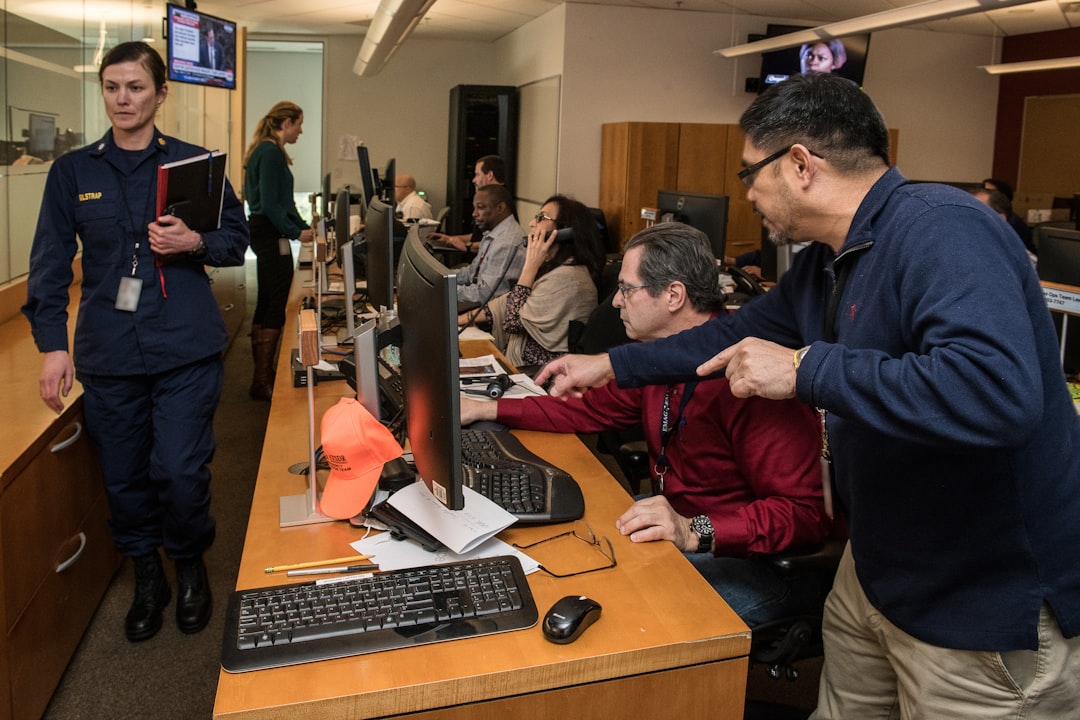 The Ultimate Guide to the Legal Process of Adopting a Little One
The Ultimate Guide to the Legal Process of Adopting a Little One
Adopting a child is a profound and rewarding experience, offering the opportunity to expand a family while providing a loving home to a child in need. Yet, the adoption process requires navigating a complex legal journey, which can be overwhelming without the correct guidance. Understanding the various steps, legal requirements, and the time frame involved is crucial to ensure that the adoption journey goes as smoothly as possible. Click here for more helpful tips on this company.
Exploring the Different Types of Adoption
Adoption takes several forms, and each comes with its unique legal implications. Domestic, international, and foster care adoptions are the most prevalent forms.
Domestic adoption refers to the process of adopting a child within the borders of your own country. It can either be done privately or through an agency. Private adoptions involve the birth parents selecting the adoptive parents and working with them directly, typically with the help of legal and social professionals. In an agency adoption, a licensed organization facilitates the entire adoption process, ensuring all steps are completed properly. Here’s the link to learn more about the awesome product now!
When adopting internationally, parents are required to adopt a child from a different nation. This method is more complicated because it requires navigating both the domestic legal system and the laws of the child’s native country, as well as international treaties.
Foster Care Adoption: Children in foster care are often available for adoption, especially if they cannot return to their birth families. Adopting through foster care typically involves working with government agencies or private foster care agencies.
It’s important to grasp the distinctions between these adoption types, as each has its unique legal steps and time frames.
Legal Requirements and Qualifications
Each jurisdiction has its own set of legal criteria and eligibility requirements for adoptive parents. Still, there are common requirements that apply across multiple regions.
Adoptive parents generally must be over 21, though some jurisdictions may impose a higher age requirement.
Whether single or married, individuals are eligible to adopt in most cases. Certain areas may impose specific criteria for unmarried or same-sex couples.
Financial Stability: Prospective adoptive parents must demonstrate that they are financially capable of providing for the child’s needs. This does not imply being rich, but rather proving that the household can comfortably support a child.
Conducting a home study is a vital component of the legal adoption process. A licensed social worker evaluates the prospective adoptive home, including living conditions, financial stability, and preparedness for raising a child. The purpose is to guarantee that the child will be provided with a safe and nurturing home. It typically involves interviews, background checks, and references. Click here for more helpful tips on these companies.
The Legal Adoption Process
After fulfilling the eligibility requirements, the legal adoption process gets underway. The legal steps may differ across regions, but these are the common procedures involved in adoption.
Filing a Petition for Adoption: The first official legal step is filing a petition with the appropriate court. This petition contains information about the adoptive parents, the child, and crucial documents like the home study report.
The legal rights of the birth parents must be terminated before the adoption can be finalized. This can happen voluntarily, where the birth parents consent to the adoption, or involuntarily if the court determines that they are unfit to care for the child. You can read more here!
Following the submission of the petition and the termination of parental rights, an adoption hearing is set. During this court session, the judge will review all relevant documents, including the home study and the consent forms. If the judge finds the adoption beneficial for the child, a final decree of adoption is granted. Click here to learn more now!
After court approval, the adoption becomes legally official. Adoptive parents are awarded full legal rights and responsibilities, akin to biological parenthood. Just click here an mored check it out!
Things to Consider After Finalizing the Adoption
After the legal process is complete, adoptive parents may still need to navigate certain post-adoption procedures. Some of these include:
The child’s birth certificate must be updated to include the adoptive parents. Although the process differs by region, it usually requires submitting the final adoption decree to the relevant office. You can read more about the subject here!
For international adoptions, addressing the child’s citizenship status is crucial. Depending on the country’s laws and adoption protocols, additional measures might be required to finalize citizenship for the child. See, this website has all the info you need to learn about this amazing product.

 Boosting Law Practice Marketing and Online Presence
Boosting Law Practice Marketing and Online Presence Demystifying Mass Tort Lawyers: Addressing Common Fallacies
Demystifying Mass Tort Lawyers: Addressing Common Fallacies The Significance of Lead Generation for Prominent Personal Injury Law Firms
The Significance of Lead Generation for Prominent Personal Injury Law Firms Key Considerations for Legal Same-Day THC Delivery in San Antonio
Key Considerations for Legal Same-Day THC Delivery in San Antonio Pros and Cons of Pursuing a Mass Tort vs. Class Action Lawsuit
Pros and Cons of Pursuing a Mass Tort vs. Class Action Lawsuit Proven Strategies for Effective Lead Generation for Law Firms
Proven Strategies for Effective Lead Generation for Law Firms